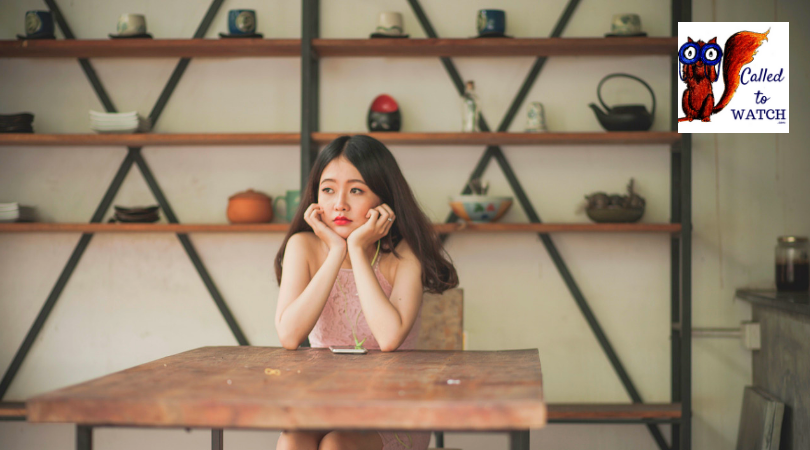This post is a follow-on from the previous post: “Why I find it hard to talk about Watching”.
Let me clarify: I don’t find thinking about chronic illness a chore or a burden. It is so much part of me and my reality that not to think about it would be a denial of the truth!
I actually really enjoy pondering this part of my life because I want to understand how it fits into God’s plan for our world and how I can love and support my struggling friends.
Perhaps ‘hard’ is the wrong word. I don’t find thinking about Watching hard, but I think it can be… dangerous.
Continue reading “Thinking about chronic illness: Why I find it hard to think about sickness and Watching”










